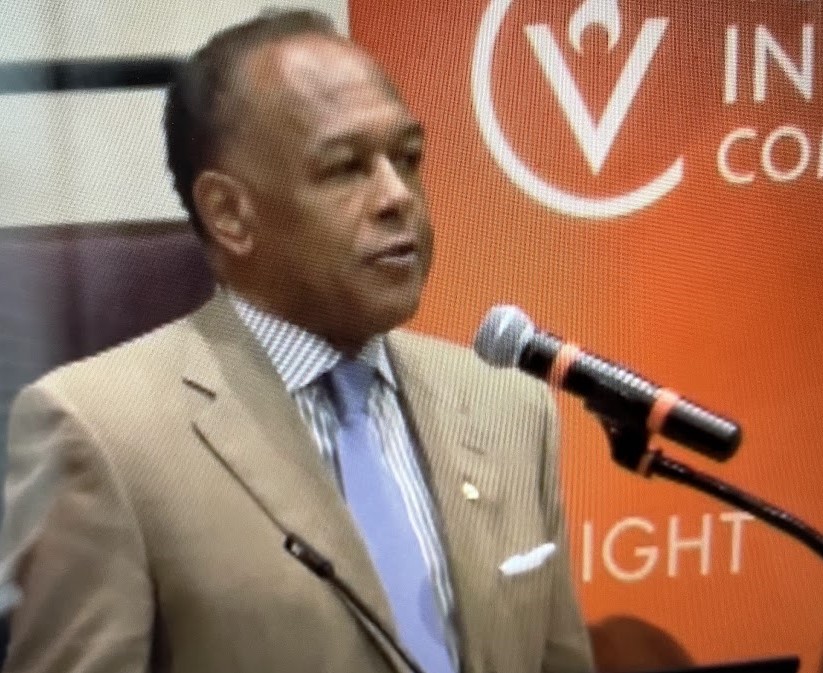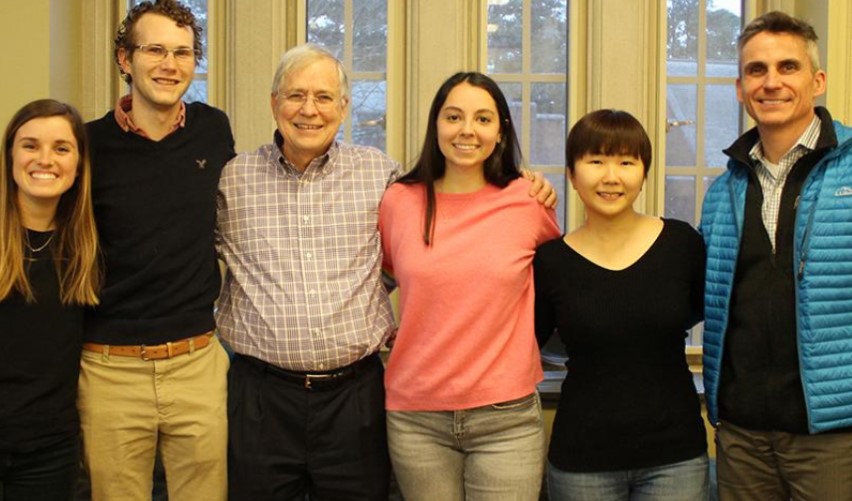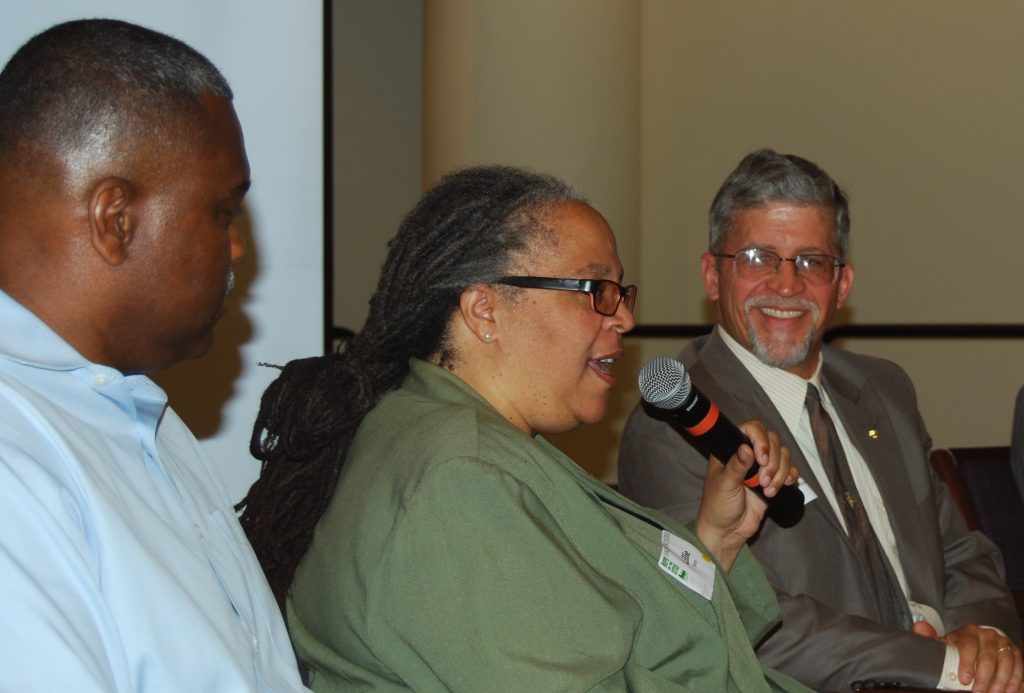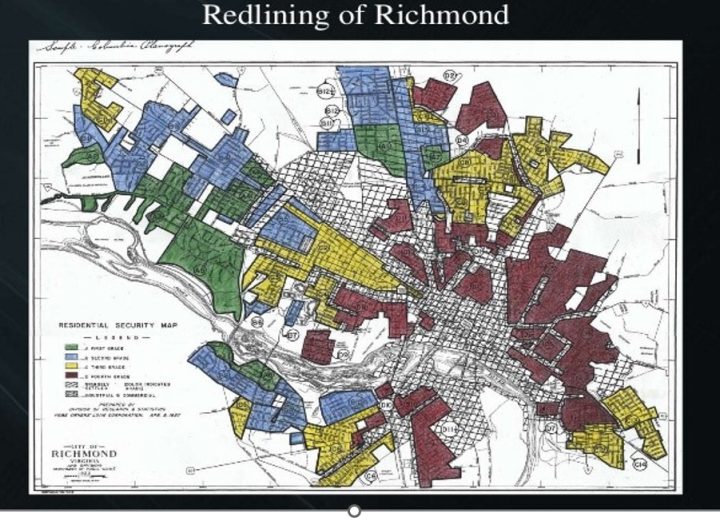The winter edition of Governing Magazine headlines a story, “How one city cut its poverty rate by more than a third.” Ten years ago Mayor Dwight C. Jones of Richmond, Va., set a goal some believed to be impossible to achieve. Nearly 27% of Richmond residents lived below the poverty line, twice the national average. The goal was to cut the rate nearly in half, to 15% by 2030. “Five years ahead of that deadline, Richmond is not just on track to hit that mark but ahead of schedule.”

In 2011 Jones convened an Anti-Poverty Commission. It studied poverty in the city and developed recommendations for how to address it. The city subsequently created the nation’s first Office of Community Wealth Building which consolidated existing anti-poverty programs and developed mechanisms for building partnerships. To date it has reached some 50,000 residents with a focus on job readiness, access to health care through a partnership with Bon Secours hospital, financial literacy and after-school programs. The city partners with companies who are ready to hire those who have completed job training; and it increased the minimum wage for its own employees to $20 an hour. New bus services connect to suburban job centers. And four new community centers are within a 10-minute walk for half the city’s population.
The untold half of the story
The report focuses on the leadership of Mayor Jones and his successor Levar Stoney who continued the program. Not mentioned is the pioneering work of Dr. John Moeser, a renowned professor of urban studies at the University of Richmond, who had begun using census data combined with historical narrative to show how racialized public policies over the decades – such as denial of home mortgages based on race (“redlining”) and lack of access to public transportation – resulted in concentrated poverty in certain parts of the city. Moeser, a Texan by birth, was an active member of the Initiatives of Change Hope in the Cities Council. Another member was Jonathan Zur, the CEO of the Virginia Center for inclusive Communities (VCIC). Zur proposed developing Moeser’s presentation as a video to reach many more people. A local community foundation provided funding.

“Unpacking the Census: the new realities of race, economics and jurisdiction” was launched at a public forum convened by Hope in the Cities (HiC) and VCIC. The event gave a platform for Mayor Jones to announce the formation of his Anti-Poverty Commission. Presentations with a DVD version of Moeser’s work accompanied by facilitated dialogue reached people across the metropolitan area through more than 60 events for community, business, religious, and government organizations. The diverse facilitation team included members of local faith-based organizations and advocacy groups as well as educators, small business owners, and government employees.
Unpacking the Census broke new ground in highlighting the history of discriminatory decisions by political and business powerbrokers as well as the unintended negative impact of well-intentioned policies. The combination of data and narrative “connected the head and the heart” and energized people for constructive action. As Dr. John Moeser said, “The evaluation of this project provides solid evidence that what we’re doing makes a difference in people’s knowledge and priorities. What is the purpose of our efforts? It’s all about social change on a grand scale.” Mayor Jones told an HIC/VCIC convocation, “You will be the community that advocates for the ideas (of the Commission) to become reality.” See video of 2014 convocation
In 2016, Tina Griego, the editor of Richmond Magazine wrote, “One can draw a direct line from Moeser’s work and its active support by two mighty nonprofits in the city – Hope in the Cities and the Virginia Center for Inclusive Communities – to Mayor Dwight C. Jones’ Anti-Poverty Commission…to the creation in 2014 of the Mayor’s Office of Community Wealth Building.”

The moral conscience for the Richmond region
When Moeser died in 2022, the Richmond Times-Dispatch caried a lead story on his contribution to a more equitable city and noted that he was widely consider “the moral conscience for the Richmond region.” One colleague at the university called him a connector of people, whether students, advocates, academics, or policy makers. “He would encourage and prod them with his keen intellect and moral guidance, to think deeply about the inequities in our region in housing, transposition, health and education.” The Bonner Center at the University of Richmond has continued Moeser’s work of using census data to highlight the disparities in the region. Jonathan Hayter, a historian, called Moeser, “the bridge between Richmond we are now and the Richmond that was.” The Government Magazine article notes that not all Richmond’s good news is due to the work of the Office of Community Wealth Building. Some of Richmond’s lower poverty rate results from a recent influx of affluent residents, and the tight labor market means lower unemployment and higher wages. But housing costs are an increasing burden for those with low incomes.

Thad Williamson, an associate professor at the Jepson School of Leadership Studies at the University of Richmond, served as the Office of Community Wealth Building’s first director. He had worked closely with Moeser in highlighting the need to address poverty. Moeser’s research was critical to the Commission’s report. However, according to Williamson, the report initially languished during the administration due to bureaucratic entanglements. He and Moeser eventually met with the mayor’s advisers. As Williamson told the Richmond Times-Dispatch, “John said to them, ‘You need to release this or we will release it.’ I wouldn’t have had the courage or the foresight to make that kind of statement.” In a forthcoming paper he says local policies and programs have made a meaningful contribution to the reduction of poverty. He told Governing that the first lesson for other cities is to have a similar organization leading the effort. “It’s a group of people who are everyday thinking about how to reduce poverty…and to expand economic opportunity. Over time, it’s become a place to try out new ideas.”
The new mayor Danny Avula is committed to building on the success of the program. And Thad Williamson was recently appointed Senior Policy Strategist for the city.
